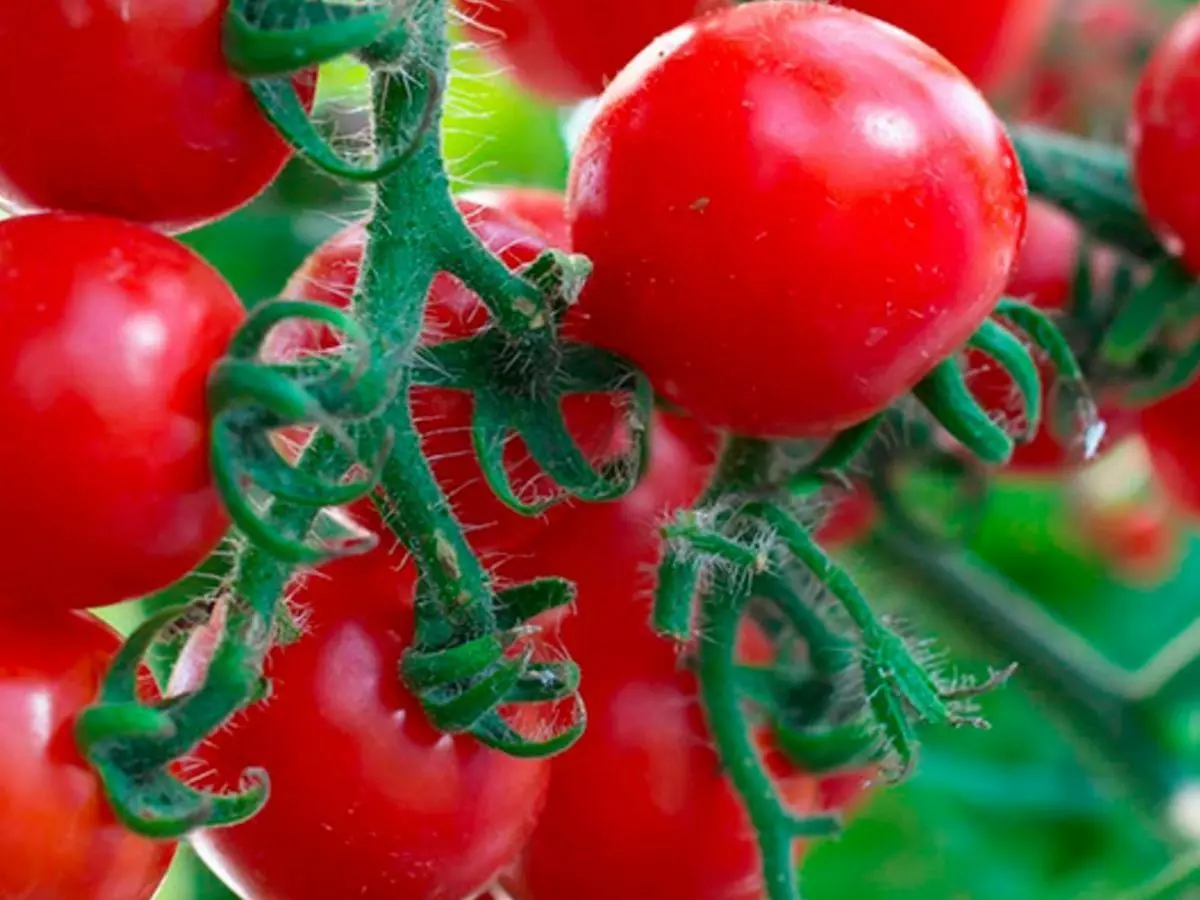Guess It Works For All: Expert Gardener Admits To Using Vibrator On 32,000 Tomatoes For Pollination
A young student used a vibrator on 32,000 tomatoes to help them pollinate. This is not the first time a vibrators has been used as a pollination catalyst. The vibrators have also been successfully used on crops that usually rely on wind pollination.

I hope you know what a vibrator is, because for this story, you would need that knowledge. So, apparently, a young student used a vibrator on 32,000 tomatoes to help them pollinate. If that sounds weird to you, then it might come as a surprise that this is not the first time a vibrator has been used as a pollination catalyst. It is actually not a very uncommon method.
Anyway coming back to the tomatoes. There is a popular R4 programme where amateur gardeners can question a panel of experts, in front of live audience.
Panellist Christine, was discussing the most effective ways to grow one of Britain¡¯s best loved fruits, tomatoes and reportedly said, ¡°One of my worst jobs ever as a young student was using a vibrator on 32,000 tomatoes.¡±

Alamy
Amused, Chairperson of Gardeners¡¯ Question Time Kathy Clugston said for that, ¡°I can¡¯t believe this has just come out after all these years. I don¡¯t suppose there is any photographic evidence to put on our Twitter Feed?¡±
Tickling the audience even further Christine reportedly said, ¡°The things you get asked to do to become a professional horticulturist. That was day after day with a mechanical vibrator, you had to tickle every flower. It was the most boring, monotonous, mind numbing job that would put all us determined students off.¡±

GMA network/Sutton
According to the website GMA network, ¡®Vibrators can be used to stimulate plants that require buzz pollination. In one trial at the Louisiana State University Agricultural Center, they managed to pollinate 640 tomato plants with a vibrator. The entire operation took 11.75 hours, but did lead to an increase in yield and profit. The vibrators have also been successfully used on crops that usually rely on wind pollination¡¯.
Ah well, goes on to show that it works for the most of us.
